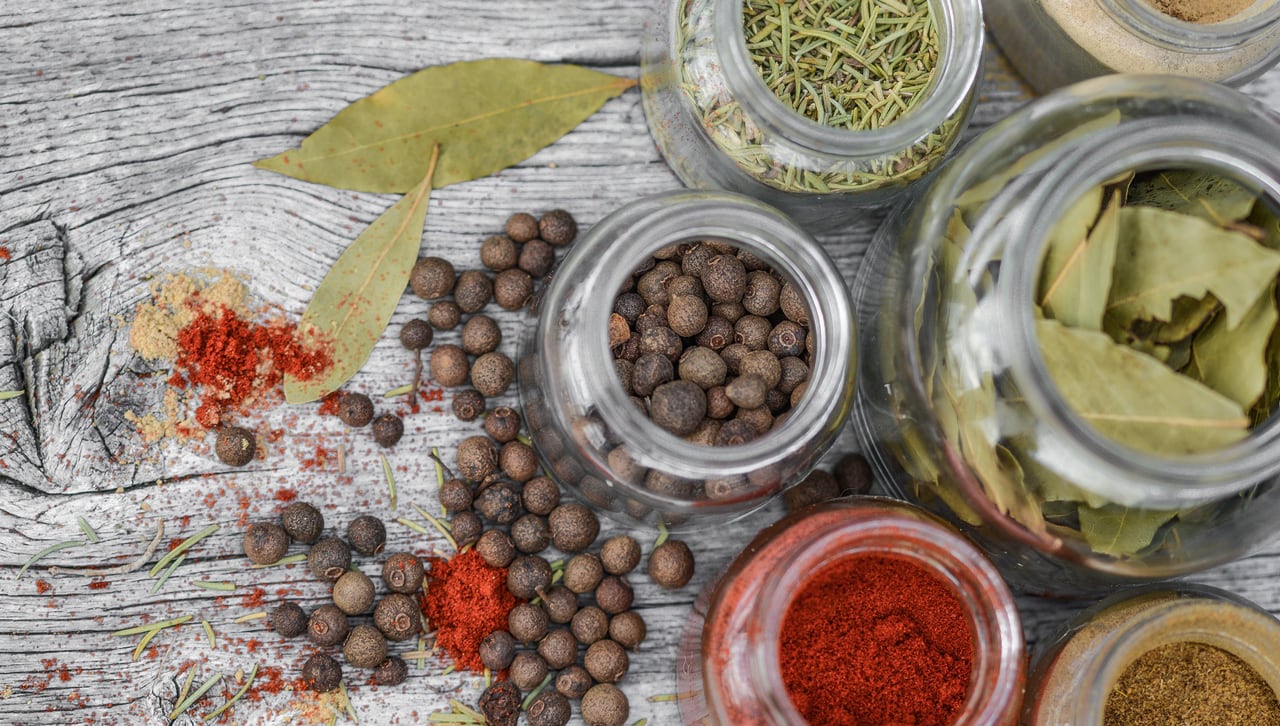Dr. Ileana Szymanski Talks Herbs and Plato

You're researching medicinal plants and spices. Any that might be familiar to us?
Actually, quite a few, especially the herbs such as mint and oregano. Others include myrrh, frankincenseand saffron. There is also mention of cinnamon and cardamom.
Tell us what makes you interested in this topic.
I am a scholar of ancient philosophy, and the philosophers of that period of time believed that philosophy was, by its very nature, interdisciplinary. I agree with them! Thus, I am keen to branch out into history, anthropology, and related fields to have a richer knowledge of the ancient world. I also have a personal and professional interest in food.
 How does this relate to your past research?
How does this relate to your past research?
I have published before on food and Plato, specifically Plato's Republic, Book I. In that book, Socrates makes reference to food aspharmakon pharmaka conversations, and they are dispensed to others in ways that want to heal them (remedy) although they can also harm them (poison). The works I am researching for my current project provide a more complete picture of the parities of the persona of Socrates and that of the physician.
What is the most interesting thing you've learned so far?
Thus far the most interesting things I have learned have to do with the drug culture of the Ancient Greeks. In the after-dinner parties (symposia) wine diluted with water was circulated among the guests;usually that wine was mixed with some kind of substance(s) that would impel the drinker towards a sort of ecstasy and intoxication. Apparently, the cultural need for ecstasy began because people wanted a more direct relationship with the gods. This then becomes fuel for religious sects and ceremonies (such as the Eleusinian mysteries) involving the consumption of intoxicating substances that would induce ecstasy. However, not everyone believed that these religious practices had legitimacy and, consequently, mocked them. This took place by getting intoxicated in a private residence and 'performing' the religious ceremony--a shocking and vile act in the eyes of many of the ancient Greeks of that period. It is very possible that the fabricated charge of impiety leveled against Socrates was tied to his purported participation in one of those events.
Actually, quite a few, especially the herbs such as mint and oregano. Others include myrrh, frankincense
Tell us what makes you interested in this topic.
I am a scholar of ancient philosophy, and the philosophers of that period of time believed that philosophy was, by its very nature, interdisciplinary. I agree with them! Thus, I am keen to branch out into history, anthropology, and related fields to have a richer knowledge of the ancient world. I also have a personal and professional interest in food.
 How does this relate to your past research?
How does this relate to your past research?I have published before on food and Plato, specifically Plato's Republic, Book I. In that book, Socrates makes reference to food as
What is the most interesting thing you've learned so far?
Thus far the most interesting things I have learned have to do with the drug culture of the Ancient Greeks. In the after-dinner parties (symposia) wine diluted with water was circulated among the guests;






